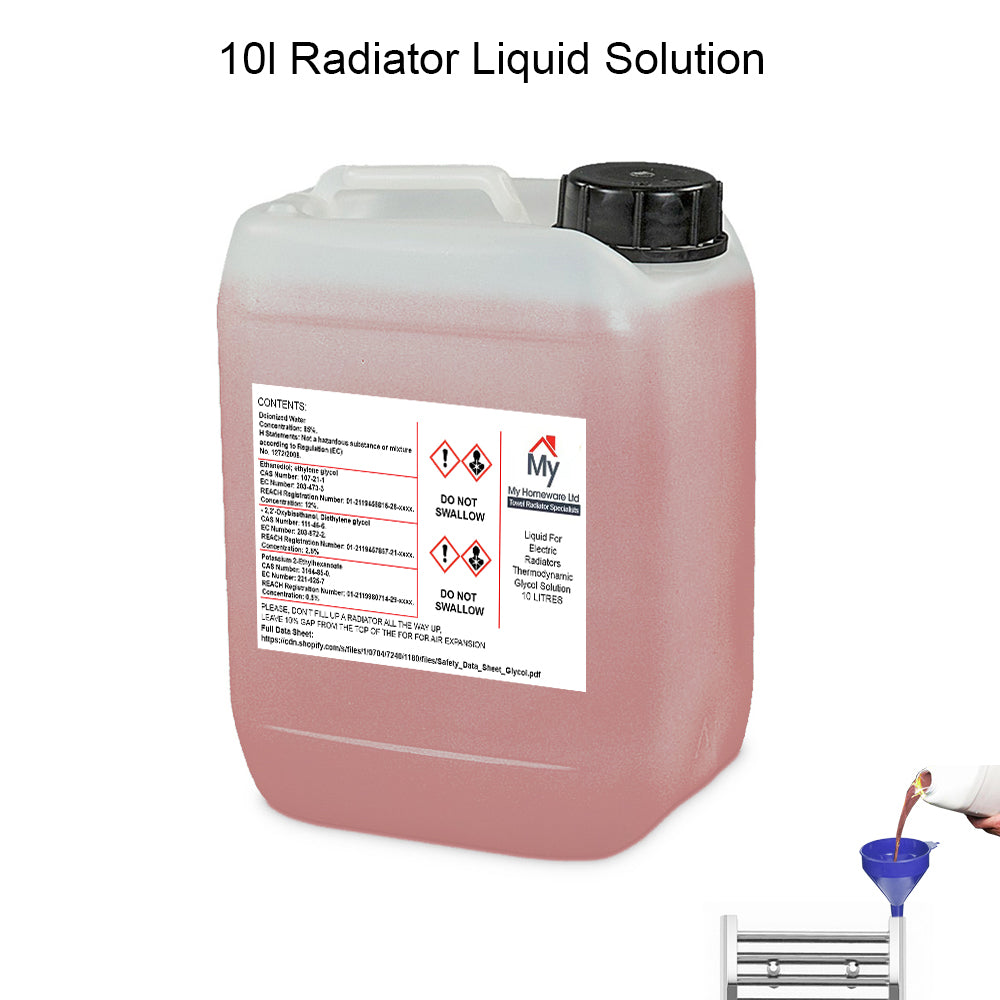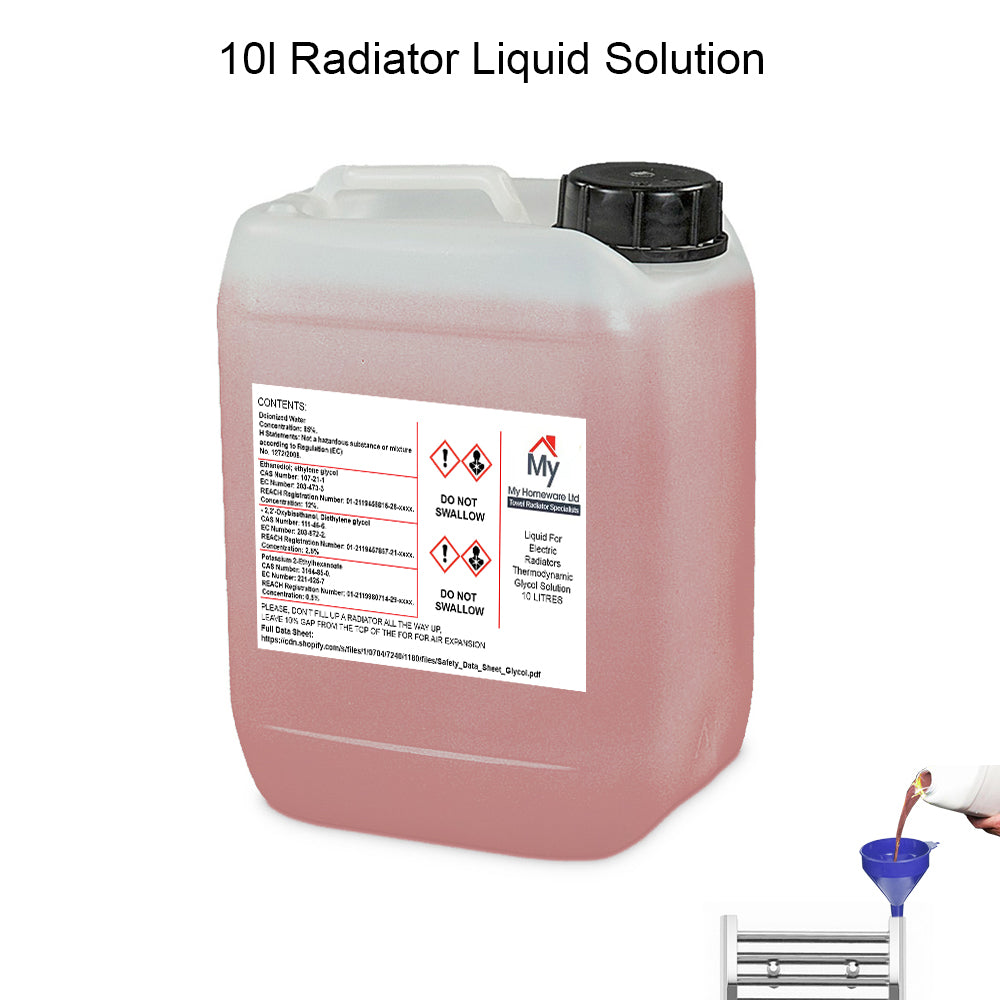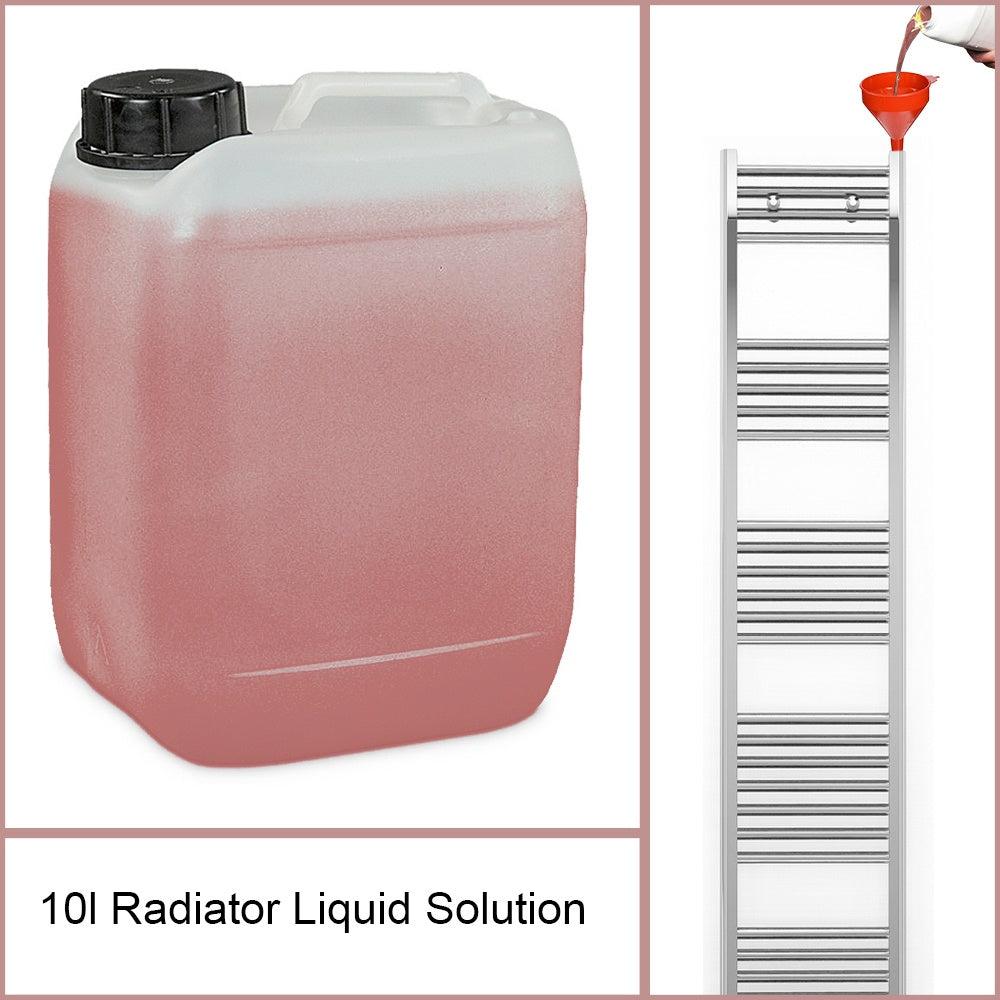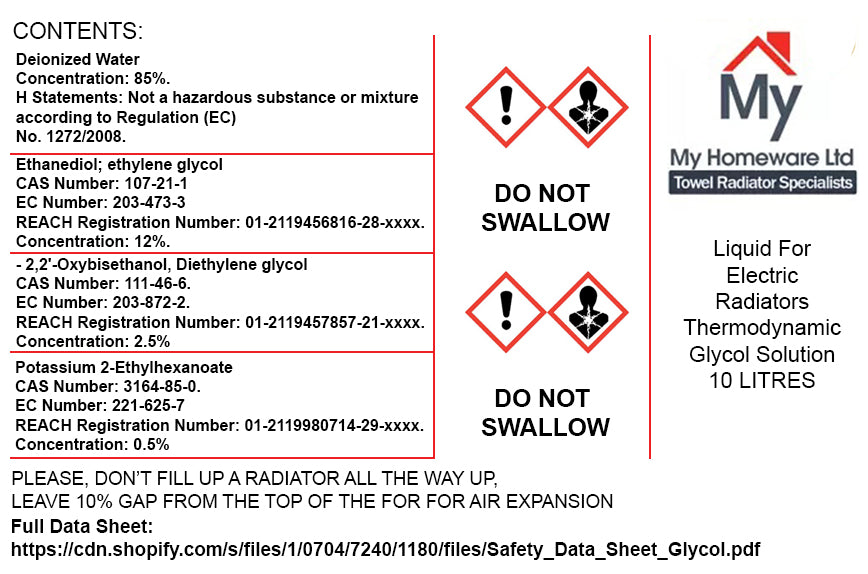When Do I Need To Bleed a Radiator?
If radiators in your home aren’t heating up properly or are cold at the top and warm at the bottom, they could need bleeding. This will let hot water circulate through your heating system once again.
You might also need to let out trapped air if you have noisy radiators which are making banging, clanking or gurgling noises.
It’s recommended that you bleed your radiators once a year, even if they are working properly.
How Do I Bleed A Radiator?
- You need a Radiator Key.
- A cloth or rag to catch any water, if the amount is excessive, you might also bring a small bucket.


- Turn off your heating. You can’t bleed a radiator when the heating is on, as it may be too hot to touch. You could also get hot water spraying out of the radiator.

- Use your radiator key to turn the valve at the top of the radiator. Attach the key to the square groove in the centre of the valve as shown in the diagram and turn it slowly anticlockwise. You should hear a hissing sound. This is the trapped air escaping. Use your cloth to catch any water that comes out.

- Retighten the valve once the hissing stops and only liquid comes out. Do this quickly to stop too much water escaping.
- Turn your central heating system back on.
- Check the pressure by looking at the gauge on your boiler. Bleeding your radiators can cause the pressure to drop. If the pressure is too low, you’ll need to top it up. Use the lever or tap on your boiler, known as the filling loop.
- Check if your radiator is now heating up properly. If the heat is evenly spread through the radiator, you’ve fixed the problem.




